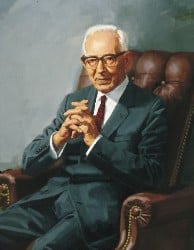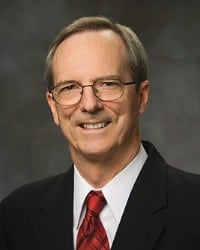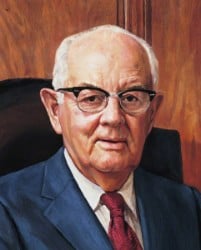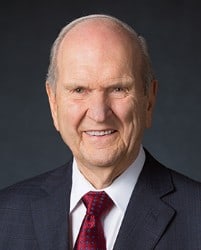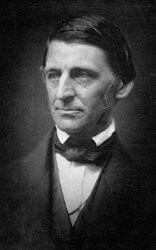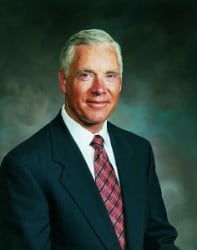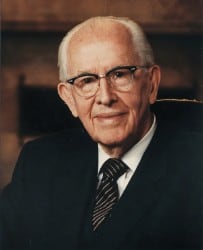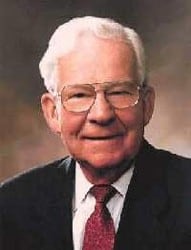
“We need to come to terms with our desire to reach perfection and with our frustration when our accomplishments or our behaviors are less than perfect. I feel that one of the great myths we would do well to dispel is that we’ve come to earth to perfect ourselves, and nothing short of that will do. If I understand the teachings of the prophets of this dispensation correctly, we will not become perfect in this life, though we can make significant strides toward that goal. . . .I am also convinced of the fact that the speed with which we head along the straight and narrow path isn’t as important as the direction in which we are traveling. That direction, if it is leading toward eternal goals, is the all-important factor.”
| Ensign, May 1989, pp. 20-21
